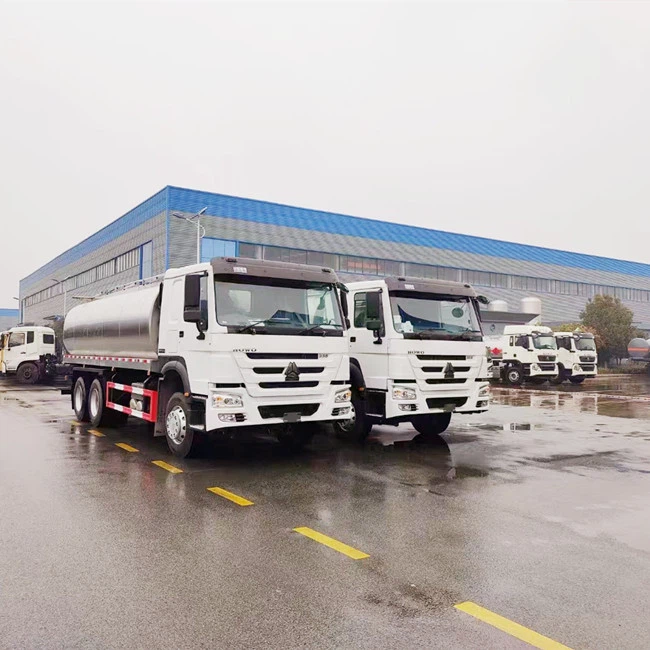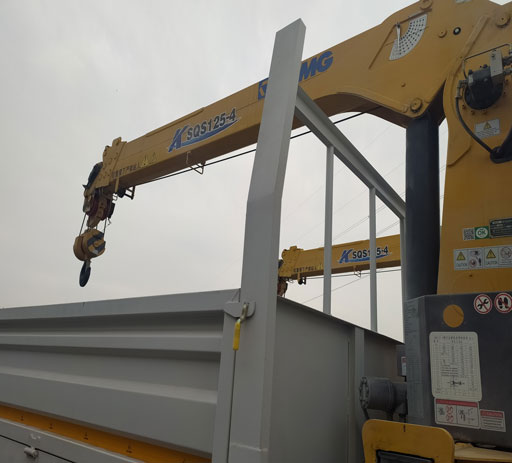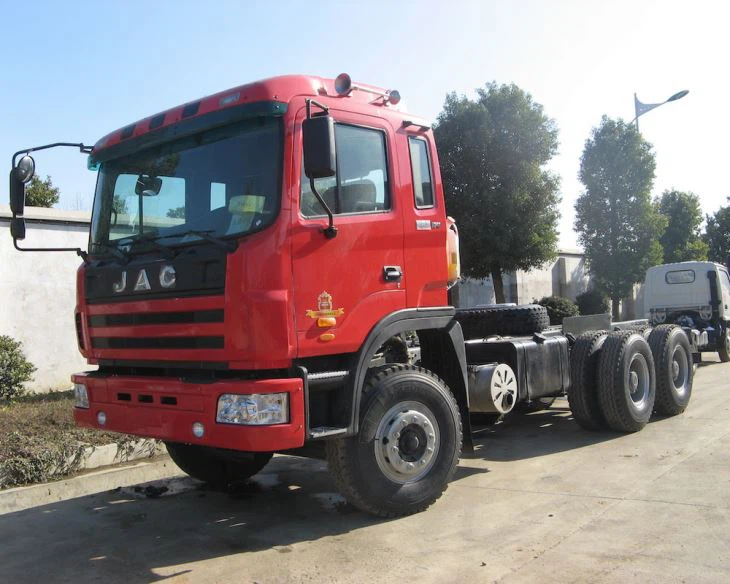Introduction
When it comes to ensuring reliable power sources on the road, truck owners often look for solutions that can keep their vehicles and equipment running smoothly. A generator for trucks serves as an invaluable tool, offering electricity for various needs, from powering tools to providing comfort amenities. This comprehensive guide will explore everything you need to know about generators for trucks, including types, features, installation, and practical tips for use in different situations. The growing demand for mobile power solutions makes it essential for truck owners to stay informed about available generators and their benefits.
Understanding Generators for Trucks
What is a Truck Generator?
A truck generator is a portable power generation unit designed to supply electricity directly from a truck. These generators facilitate various functions, including powering tools, charging batteries, and supporting appliances during long hauls. They are designed to be rugged, reliable, and suitable for the demands of mobile environments.
Types of Generators
Generators for trucks come in various forms, each suited for different needs. Here are the most common types:
- Inverter Generators: Known for their quiet operation and fuel efficiency, inverter generators provide clean energy suitable for sensitive electronics.
- Conventional Generators: While bulkier and louder, conventional generators are generally less expensive and are capable of delivering robust power outputs.
- Diesel Generators: Diesel generators are popular in the trucking industry due to their durability and fuel availability, especially for long-distance hauls.
- Gasoline Generators: These are commonly used for lighter loads and are often easier to find and purchase.
Key Features to Consider
Power Output
Power output is one of the most critical factors when selecting a generator for your truck. Consider how much wattage you will need for your specific applications. Most generators indicate their continuous and starting wattages, which inform you about the amount of power you can expect. Here’s a simple table comparing different wattage needs:
| Appliance | Starting Wattage | Running Wattage |
|---|---|---|
| Refrigerator | 800-1200 | 200-600 |
| Power Tools | 1500 | 800 |
| Lights (LED) | 500 | 100 |
Portability
Choose a generator that is easy to transport. Look for models that are lightweight and come with wheels or handles for easy mobility. Ensure that the generator fits well in your truck bed or storage area.
Fuel Efficiency
Consider the fuel type and its availability. Fuel-efficient generators will save you money in the long run and reduce the frequency of refueling stops during long journeys.
Noise Level
Operating quietly is essential, especially when parked in residential areas or campsites. Look for generators with a lower decibel rating. Inverter generators typically operate more quietly than conventional models.
Installation and Setup
Choosing the Right Location
Before installation, choose a location that provides adequate ventilation and protection from the elements. Avoid placing your generator inside the truck or enclosed spaces to prevent carbon monoxide buildup.
Wiring and Connections
For an effective setup, ensure that the generator is connected using appropriate wiring to avoid shorts and overloads. Consult a professional electrician if you’re unsure about the connections.
Maintenance Tips
Regular maintenance extends the life of your generator. Here are some essential tips:
- Check and change the oil according to the manufacturer’s guidelines.
- Inspect and clean the air filter to ensure proper airflow.
- Stabilize fuel if the generator will not be used for an extended period.
- Run the generator regularly to keep the engine and components in working order.
Using Generators for Different Needs
Powering Tools and Equipment
For contractors or road service providers, a generator can keep tools operational while on-site. Ensure you have sufficient wattage to run all tools simultaneously, and consider using power strips with surge protection to safeguard your equipment.
Recreational Use
Generators are not just for work; they can enhance recreation. From camping to tailgating, having electricity can power lights, fans, and cooking equipment. Inverter generators are particularly popular for these purposes due to their quietness and portability.
Emergency Backup Power
Truck generators can serve as reliable backup power sources during emergencies. Consider keeping your generator ready and easily accessible in case of power outages or vehicle breakdowns.
Cost Considerations
Initial Investment
When shopping for a generator, be aware of varying price ranges based on wattage, brand, and features. While a more powerful generator may come with a higher price tag, consider it an investment in your operational efficiency.
Operating Costs
Beyond the initial purchase, operating costs include fuel, maintenance, and operational efficiency. Evaluating these costs already during the purchase phase can help you find a generator that fits your budget long-term.

Popular Generator Models for Trucks
Honda EU2200i

This inverter generator is well-known for its reliability and fuel efficiency. With a 2200 watt starting capacity, it’s suitable for various applications.
Champion 3500-Watt Portable Generator
This conventional generator is a budget-friendly option for truck owners needing robust power. It features a 3500-watt starting watts and runs on gasoline.
WEN 56200i Inverter Generator
The WEN model is compact and ideal for lightweight power needs. Offering 1600 watts of running power, it’s an excellent choice for camping and other recreational uses.
Exploring Alternatives
Solar Generators
For those interested in renewable energy, solar generators might be a viable alternative. They are quieter, eco-friendly, and require less maintenance than traditional generators. However, their power output may limit their suitability for certain heavy-duty applications.
Safety Precautions
Carbon Monoxide Awareness
Always be cautious of carbon monoxide, as it can be fatal in enclosed areas. Always use your generator outdoors and away from windows and vents.
Regular Inspections
Before use, inspect the generator for any signs of wear or damage. This includes checking for leaks and ensuring all parts are functioning properly.
FAQ Section
1. How do I determine the right size generator for my truck?
First, calculate the total wattage required for all devices you plan to power simultaneously and choose a generator that exceeds that wattage.
2. Can I run my generator all night?

While technically possible, it is not recommended without monitoring. Ensure there’s proper ventilation to avoid carbon monoxide buildup, and consider using an automatic shut-off feature.
3. How often should I service my generator?
Routine maintenance every 50-100 hours of use is advisable. This includes oil changes, filter replacements, and general inspections.
4. Is it safe to use an extension cord with my generator?
Yes, using an extension cord is safe as long as it is rated for the generator’s wattage and intended use; use outdoor-rated cords for protection against the elements.
5. What fuel types can my generator use?
Most portable generators run on gasoline, but options exist for propane and diesel. Check your specific model for compatibility.
6. What is the lifespan of a typical truck generator?
The lifespan of a generator can vary widely based on usage, maintenance, and type, but many portable generators can last between 1000 to 3000 operating hours with proper care.